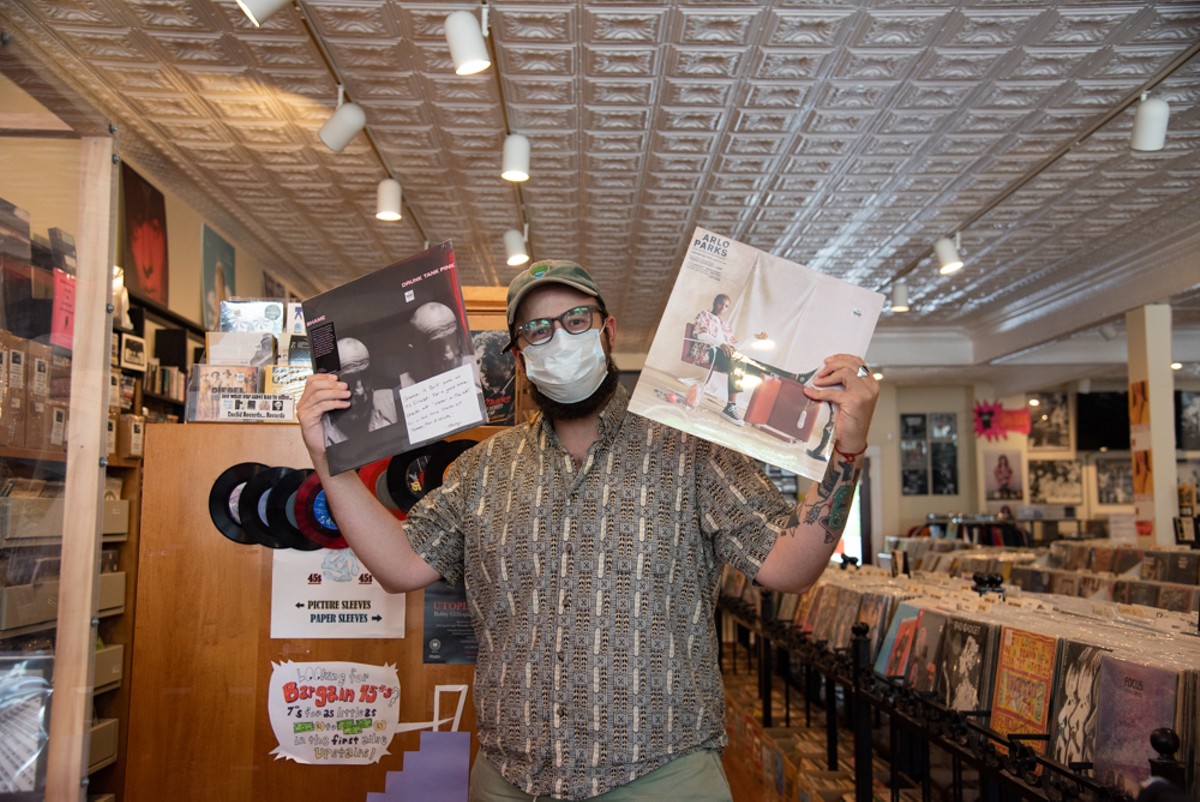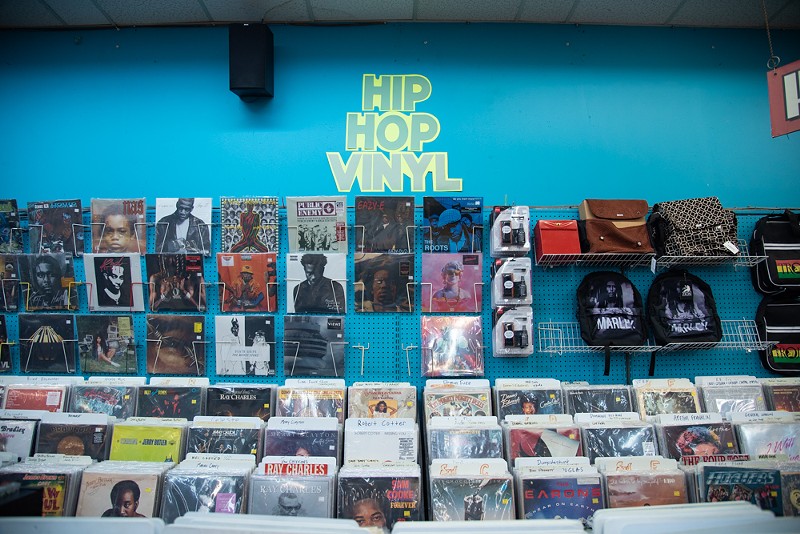One of the maddening parts of working in record stores is the way forces beyond your control can cause chaos. A fragile supply line means that even seemingly good news can trigger a series of reactions that result in new problems.
In 2020, when the pandemic forced some record stores to temporarily close, demand for vinyl increased. Folks who were no longer able to throw their cash toward concerts started turning that money into more extensive record collections. While this seems excellent looking in from the outside, there's now a demand for albums that stores can't always fill.
There are currently only about 27 record-pressing plants in the United States, and while it used to take a couple weeks to get a return on your vinyl order, some projects now have an eight-month turnaround. Adding to the bottleneck, a February 2020 fire in California destroyed Apollo Masters, a plant that produced the acetate discs used in vinyl manufacturing. It was one of only two plants in the world that made the discs, with the other located in Japan. So it's a real problem that immediately caused concern and panic about it affecting the production of vinyl records.
Even the popularity of Record Store Day can create supply-chain headaches. If you have more than 100 releases that are almost entirely vinyl records, you're jamming up the pressing plants for a good part of the year. That means catalog titles for, say, copies of Led Zeppelin IV, aren't being made at the same speed they were before. As a result, indie stores might receive a fraction of the number of records they've ordered — and customers sometimes have to wait months before they can buy something they expect will always be in stock.
And it's not just the stores. Think of how it affects indie labels like Merge Records or Polyvinyl. They don't have as much sway as the major labels, so they often have to be patient or be left in the dust. If you've noticed more of your favorite bands, particularly local ones, selling tapes at shows, it's because they want to hand you a physical product, and the turnaround for tapes is much faster.
Even when things are going great in the record industry, it is a struggle. And that trickles down to the employees.







